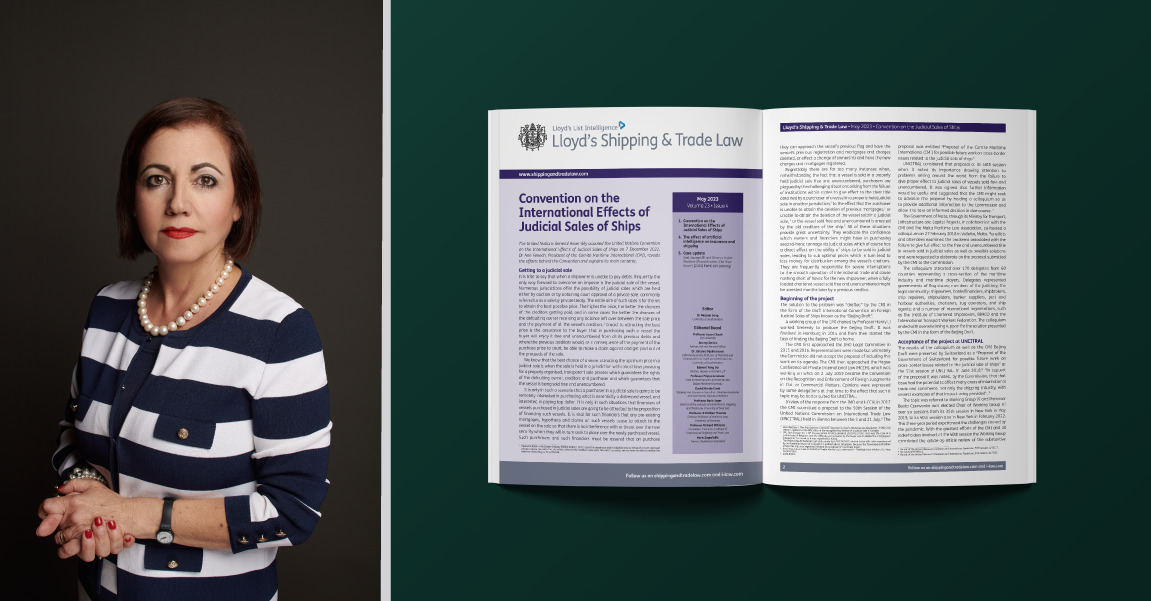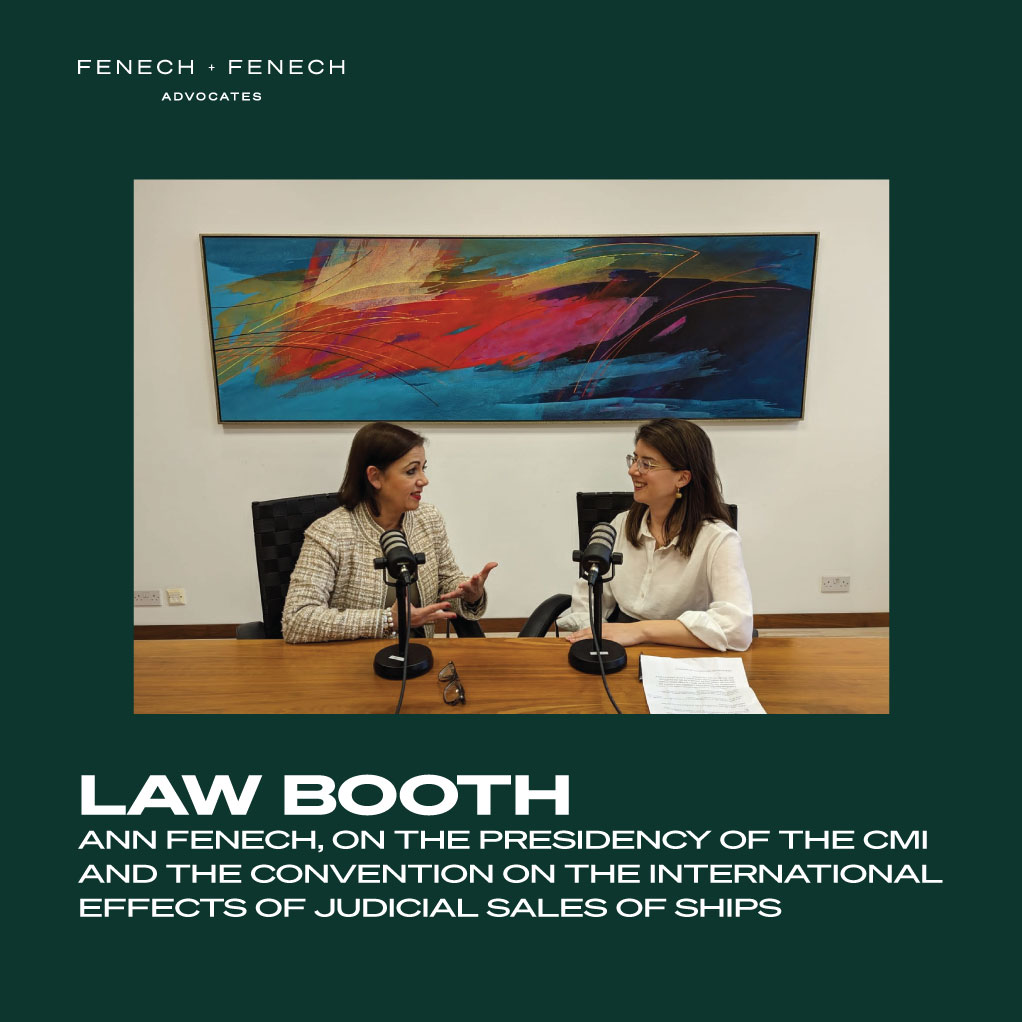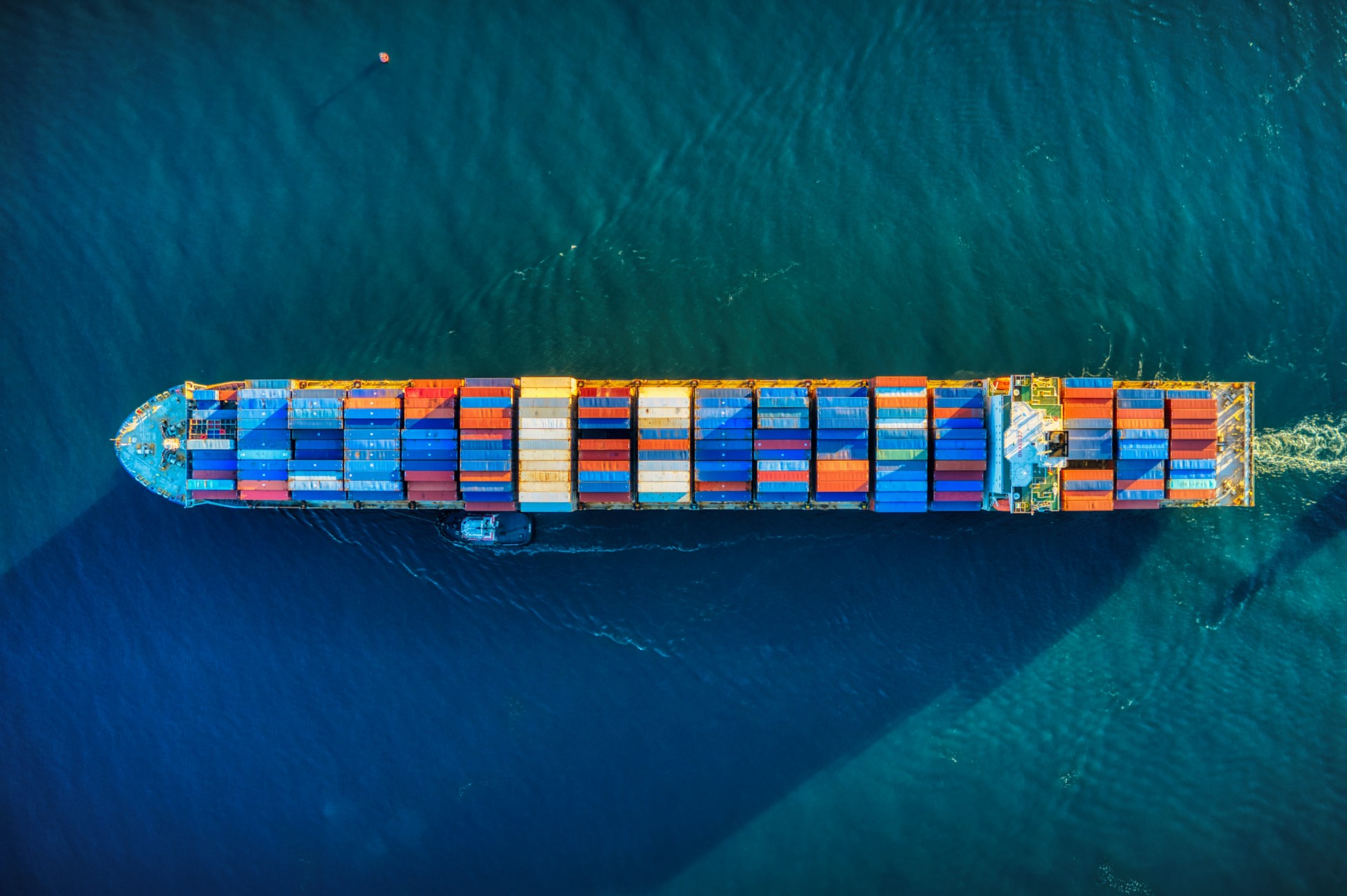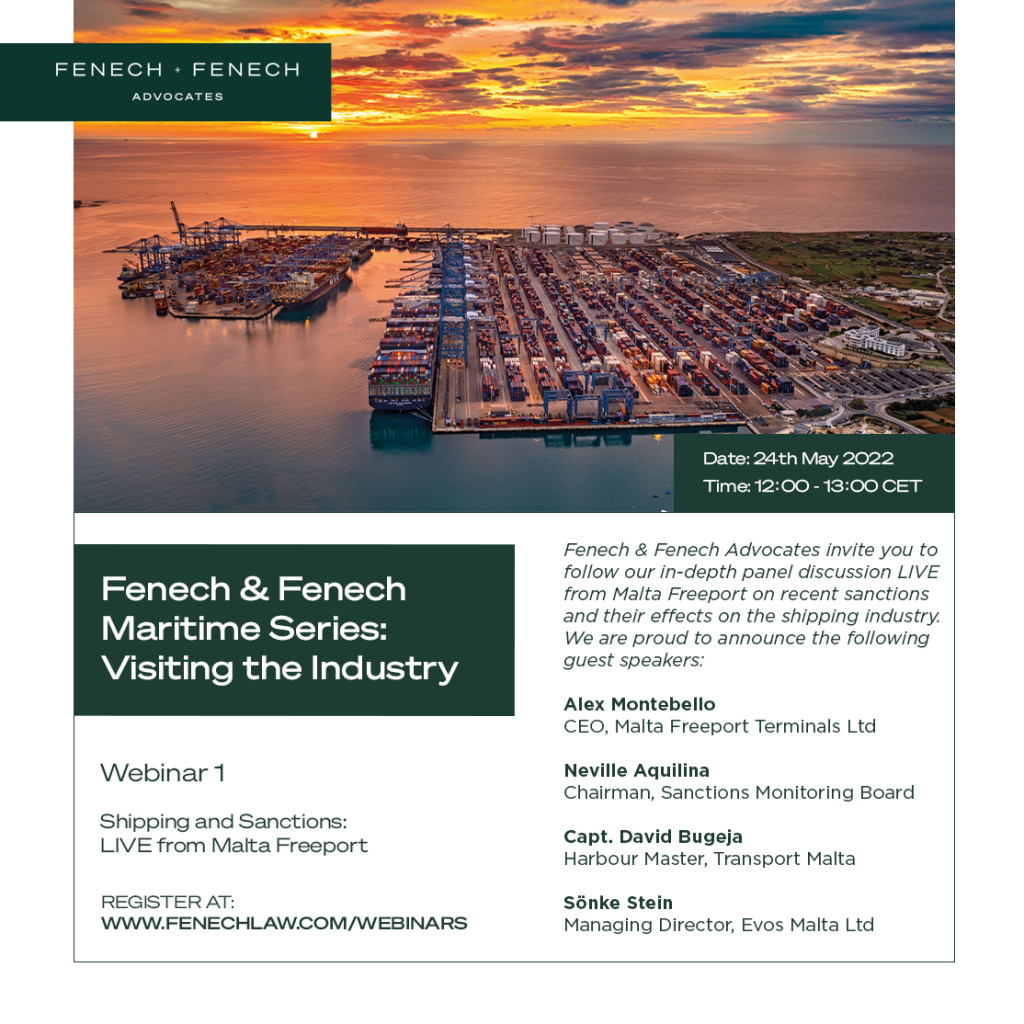In November 2023 Yemen’s Houthi forces began targeting merchant vessels travelling through the Red Sea. The Houthi forces claim that the attacks are in response to Israel’s unrelenting war on Gaza after the Hamas-led attack on Israel on October 7. By February 2024, over 40 vessels had been targeted in the region.
The Houthi forces are said to be targeting vessels they believe have a direct affiliation or link with Israel, Israeli nationals or ships directly associated with the Saudi-led coalition involved in the Houthi conflict with the Yemeni government. These include attacks on vessels destined for or departing from Israeli ports or vessels thought to be owned, managed and/or operated by Israeli entities. As Israeli owned vessels are avoiding the area, it is understood that Houthi Rebels are widening their scope to include vessels in commercial relationships with Israeli companies. Following UK and US military involvement in the area, on the 22 February Houthi leader issued a notice to shipping insurers and firms outlining a ban on vessels linked to U.S and the U.K or sailing under their flags[1]. As attacks escalate, even vessels without any such involvement have become at risk due to misidentification or proximity to the abovementioned vessels.
The escalating conflict has rendered the Red Sea and the adjacent Gulf of Aden into a high-risk zone. Shipping lines have advised vessels to “reach safe areas and pause their journey in safe waters with immediate effect until further notice”. As a result of the complex and continuously evolving risk, many shipping lines are opting to divert their ships, preferring to extend their voyage by approximately 3,000 nautical miles to cross the Cape of Good Hope on Africa’s southern tip, in the hope of avoiding the area and safeguarding their crew, vessel, and cargo.
Aside from the clear risk to human life aboard the targeted vessels, the conflict may also give rise to serious commercial ramifications. Deviations may impact charterparties, obligations undertaken under bills of lading and may impact coverage under P&I insurances where deviations are considered unjustified.
As a result, BIMCO has issued the ‘Interim Industry Transit Advice, Southern Red Sea, and Gulf of Aden- 15 December 2023’ while various P&I Clubs have issued notices to their members to assist them during these troubled times. The core instruction is that each case must be considered on its own merits. The below are the main highlights.
RECOMMENDED BEST PRACTICES
Voyage Specific Risk Assessment–Ships planning a voyage through the Southern Red Sea and Gulf of Aden should carry out a thorough ship and voyage specific threat and risk assessment which should take into account any additional advice from the vessel’s flag state. Clubs have recommended that prior to planning a voyage in the area, Owners and Operators should review whether the vessel was previously owned by an Israeli entity, as online open-source data may not be up to date and may lead to misidentification.
Use of Maritime Security Transit Corridor – Recommendations have been made to use the Maritime Security Transit Corridor due to the narrow Bab el-Mandeb Strait which causes north bound ships to be 7 nautical miles from the Yemeni coastline.
Vessel Hardening Techniques– Certain Clubs have recommended that Owners and Managers adopt vessel hardening techniques, including the use of armed guards, and the use of Citadels. Advice has been given for vessels to consider switching off AIS or limiting AIS data and omitting the Next Port of Call.[2] A number of vessels have adopted protective AIS messages to show their non-affiliation with Israel such as ‘norelationtoisrael’ or ‘allchinesecrew’.
Precise Record Keeping- Clubs have advised that any action taken should be backed by precise record keeping, should a dispute arise at a later stage.
THE MALTA POSITION
The Merchant Shipping Directorate, the Maltese flag administration, has issued Merchant Shipping Notice 186 which has advised ships to avoid Bab el-Mandeb strait or transiting the Red Sea “at least until the situation de-escalates”.
“Masters and operators of Maltese ships that operate or that may operate in this area are strongly advised to evaluate the local security circumstances to determine whether their presence in the area is safe. To this effect, if ship masters and operators of Maltese ships, in their judgment, deem it necessary to proceed to this area, they are strongly advised to proceed with utmost caution and in a high state of vigilance.
The advice of the Directorate mirrors that of the Clubs, encouraging all ships operating in the area to note all security and advisory notices issued by the multinational cooperation centres in order to ensure the safety of their crew and assets. The notice highlights the importance of maintaining good communication before proceedings with voyage in the area.
The Merchant Shipping Directorate also issued Merchant Shipping Notice 187 which reminded all concerned of merchant Shipping Notice 82 Rev. 1 highlighting the need to register on the official website of the Maritime Security Centre – Horn of Africa MSCHOA while transiting the Red Sea, Gulf of Aden, Indian Ocean and Arabian Sea. Shipowners, Operators, Managers, masters and Owners’ Representatives and Recognised Organisations were reminded to contact one of the regional reporting centres when operating in the above areas.
Masters were strongly advised to follow the Best Management Practices developed by the industry and endorsed by the IMO through MSC.1/Circ.1601.
Furthermore, the Notice recommended company security officers to review the Ship Security Plan (SSP) by carrying out thorough assessments of issues as they may come to light in order to invoke measures commensurate to the possible risks when operating in the areas. These include carrying out a thorough appreciation of the ship’s physical and operational characteristics, the voyage pattern, ports and other facilities. Such considerations may require amendment to the SSP.
Finally, the Notice strongly recommends that masters and operators of Maltese ships operating in the area adopt the measures of the BMP in its up-to-date version, and distribute a copy of the BMP to the crew and ensure appropriate awareness of same prior to transit. All useful contact details should be kept up to date and made readily available.
CONCLUSION
The Houthi forces vow to continue their attacks on merchant ships until such time as Gaza remains under siege. As calls for a permanent ceasefire in Gaza grow, Vessels operating in the area must maintain constant vigilance to ensure their own safety and that of the crew on board. Adherence to the recommended best practices, ensuring proper registration of the vessel and maintaining clear modes of communication with regional cooperation centres are essential for the safe navigation during these difficult times.
















